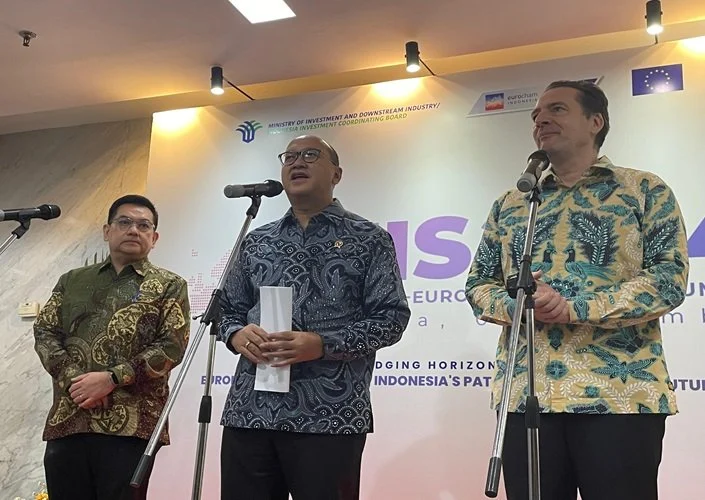The Negative Investment List in Indonesia has long served as a barrier for foreign investors looking to enter the market. However, recent revisions to this list have opened up several sectors previously restricted to foreign ownership.
These changes are expected to attract more international investment, boosting Indonesia’s economic growth. With the easing of restrictions, foreign investors now have more opportunities to explore key industries, such as manufacturing and e-commerce, that were once off-limits.
As Indonesia seeks to improve its business environment, these reforms are seen as a significant step toward fostering a more competitive market.
The Revision of the Negative Investment List in Indonesia
The Indonesian government has recently revised its Negative Investment List, opening up more sectors to foreign investors.
Minister of Investment and Downstreaming, Rosan Perkasa Roeslani, highlighted these changes at the Indonesia Euro Investment Summit 2024.
“We have revised our Negative Investment List since the end of 2021-2022. Out of more than 100 industries that were previously closed to foreign investment, only 6 industries remain restricted. Along with this, we have simplified many policies, regulations, and so on,” he stated as reported by Kumparan.
These reforms aim to make the investment environment more accessible and attractive to foreign investors, creating new opportunities across various industries.
How the Negative Investment List Opens Up Investment Opportunities
The revision of Indonesia’s Negative Investment List is expected to significantly enhance the country’s investment climate.
This will create more opportunities for foreign investors to invest in Indonesia’s various sectors, contributing to economic growth.
Rosan Explained that currently, investment contributes about 24 to 25 percent to the national economic growth, following domestic consumption, which accounts for 53 to 54 percent.
This highlights the essential role of foreign investment in supporting the nation’s economic development and achieving the government’s growth targets.
Economic Growth Driven by Foreign Investment
In efforts to achieve sustained economic growth, the revision of the Negative Investment List proves to be a pivotal move in Indonesia’s investment landscape.
Rosan emphasized the crucial role of investment in achieving the government’s target of 8 percent growth.
“Investment will play a very important role in how we can achieve this 8 percent economic growth, alongside consumption.” He said as reported by Antara.
This reinforces the view that, while domestic consumption remains a major driver, foreign investment is essential to fostering innovation, creating jobs, and enhancing Indonesia’s global competitiveness.
The revised policies aim to attract more foreign capital, positioning Indonesia as a more attractive destination for international investors.
Downstreaming: A Key Focus in Indonesia’s Investment Strategy
As part of its broader investment strategy, Indonesia is focusing heavily on downstreaming, which involves adding value to raw materials and developing industries that can drive sustainable growth.
Minister, Rosan Perkasa Roeslani, said that downstreaming is not only essential for creating added value but also for opening up industrialization opportunities across the country.
He further explained, “We are open to further discussions on this matter. The mapping not only covers commodities but also provinces and cities with great potential. We are also identifying countries and companies that have the technology to support this downstreaming.”
By focusing on these areas, Indonesia aims to foster long-term economic development and build a more competitive industrial base.
Future Outlook for Foreign Investment in Indonesia
Looking ahead, the recent changes to Indonesia’s Negative Investment List are expected to have a lasting positive impact on the nation’s investment landscape.
By removing restrictions on key industries and simplifying regulations, the government is signaling a strong commitment to creating a more investor-friendly environment.
As foreign investors begin to explore new opportunities in sectors like manufacturing, e-commerce, and technology, Indonesia’s economy is poised for significant growth.
With the support of policies like downstreaming and targeted investment mapping, the country is setting the stage for a more competitive and resilient economic future.
This shift not only strengthens Indonesia’s position in the global market but also offers local businesses the chance to thrive in a more dynamic, open economy.
Source: antaranews.com, kumparan.com
Image: Iqbal Dwi Purnama, inews.id


